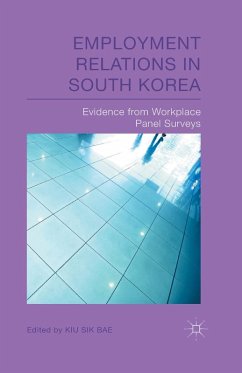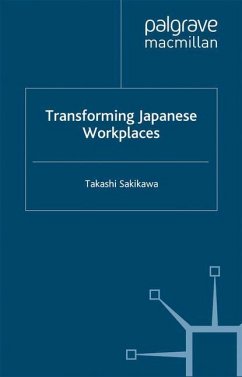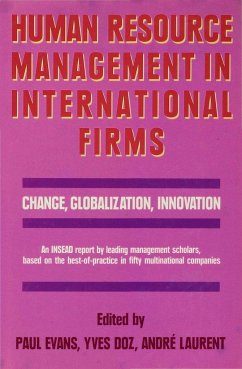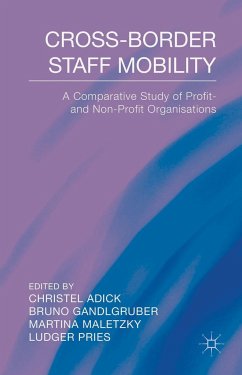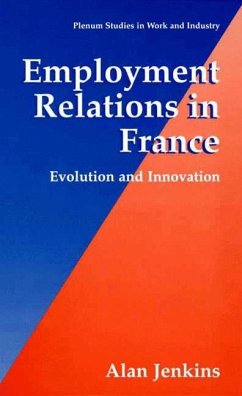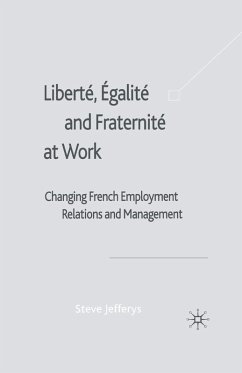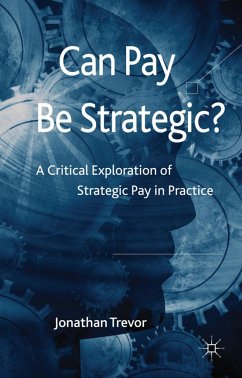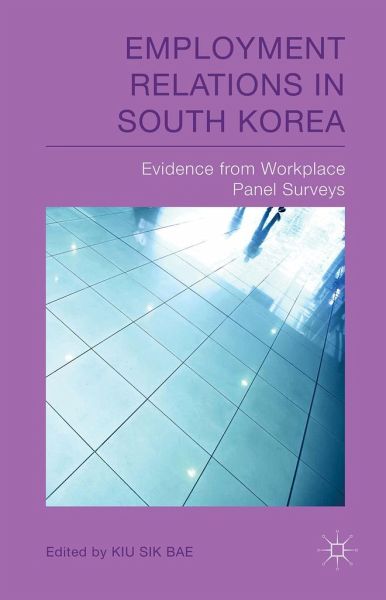
Employment Relations in South Korea
Evidence from Workplace Panel Surveys
Herausgegeben: Bae, K.
Versandkostenfrei!
Versandfertig in 6-10 Tagen
38,99 €
inkl. MwSt.

PAYBACK Punkte
19 °P sammeln!
Employment Relations in South Korea provides readers with an overarching view of Korean employment relations and insight into recent changes, and also to help the general public understand more easily the various phenomena and changes in Korean employment relations.





